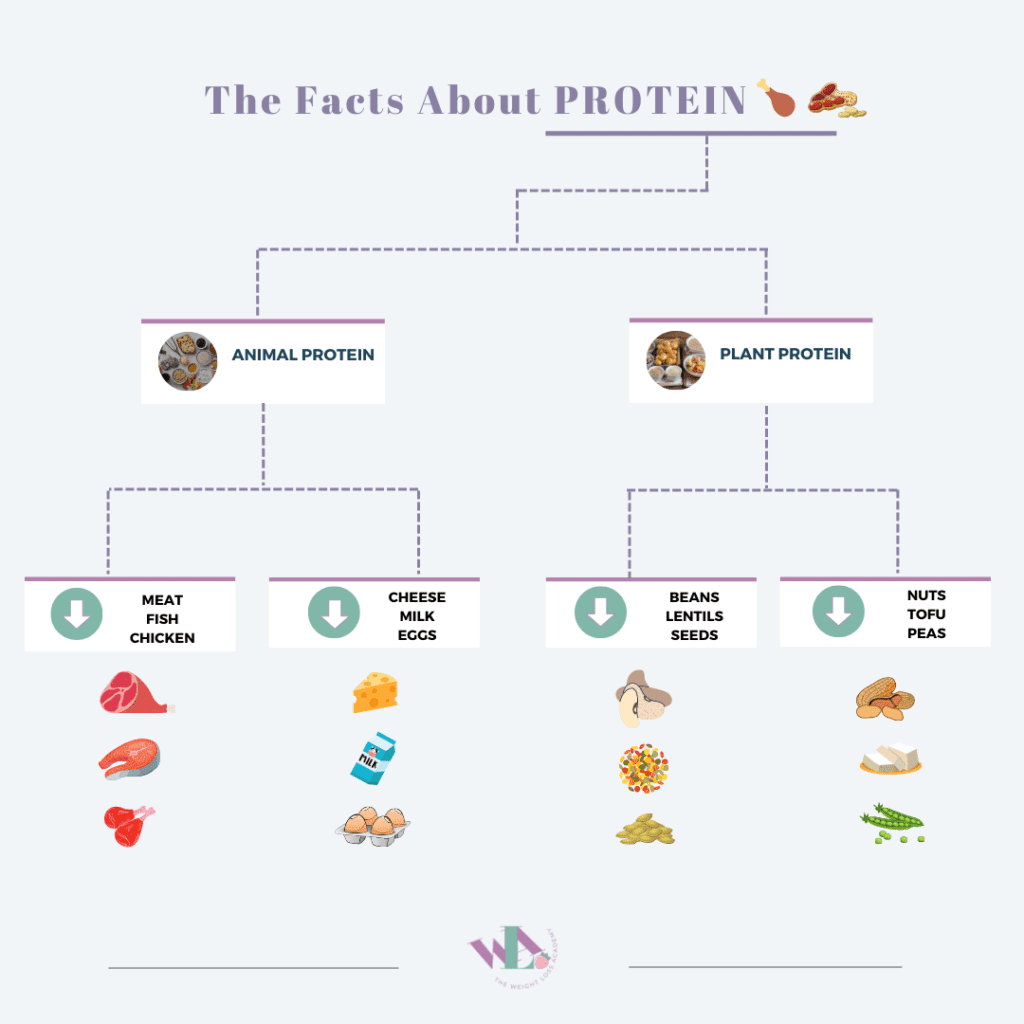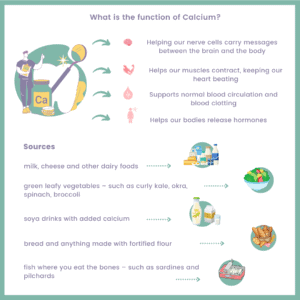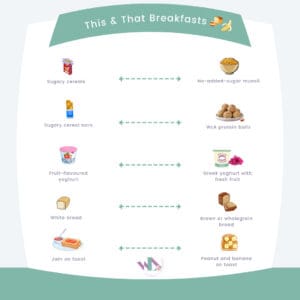
The next macronutrient we wanted to look at is protein. Protein is one of the major energy-giving nutrients. Protein plays many vital roles in maintaining our health this includes maintaining muscle strength, wound healing, making new cells and repairing old ones. Protein also plays a vital role in making hormones and enzymes which carry out key functions.
🧱 Amino acids are the building blocks of protein. Your body has thousands of different proteins that each have important jobs. Each protein has its own sequence of amino acids. The sequence makes the protein take different shapes and have different functions in your body.
There are two types of amino acids: essential and non-essential.
✅ Essential amino acids are amino acids that cannot be made by the body. These amino acids must come from a person’s diet, as the human body lacks the metabolic pathways required to synthesise these amino acids. Essential amino acids are also known as “indispensable amino acids.”
❌ Non-essential amino acids (also known as “dispensable amino acids”) are amino acids that the human body is capable of synthesising using only the essential amino acids. In other words, the body is able to produce them and they do not need to come from the diet.
Of the common types of amino acids, 9 must be provided by the diet and are classified as ‘essential amino acids’.
Proteins can come from two sources: animals and plants.
🍳🐟 Animal proteins such as meat, fish, dairy and eggs contain all the essential amino acids. These types of proteins are known as “high quality or complete proteins”.
🥜🥦 Plant proteins such as grains, lentils, nuts, beans and legumes lack essential amino acids, which means that they are missing at least one of the essential amino acids. These types of proteins are known as “low quality or incomplete proteins”. Some plant proteins, including pea protein and soybeans, are also “complete proteins”.
We will be sharing a post in the next few days looking at the difference between animal and plant proteins – so stay tuned for more info 👀
Let us know if this helped you in the comments below.




One Comment